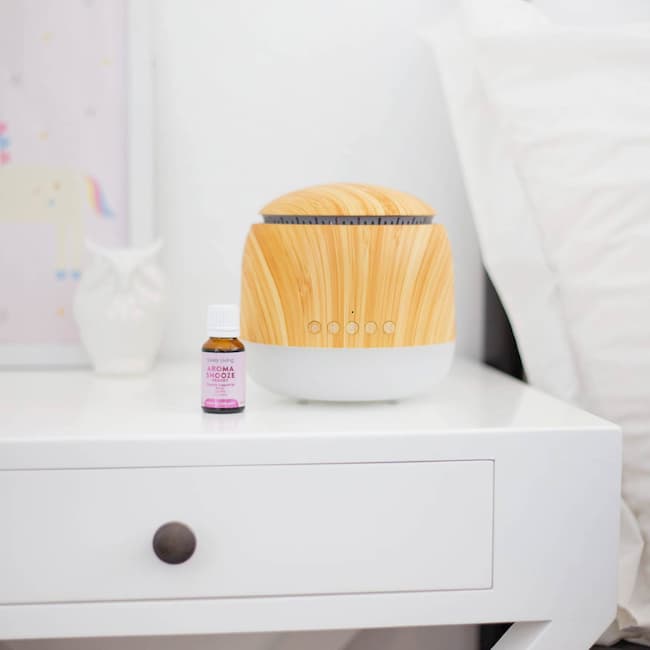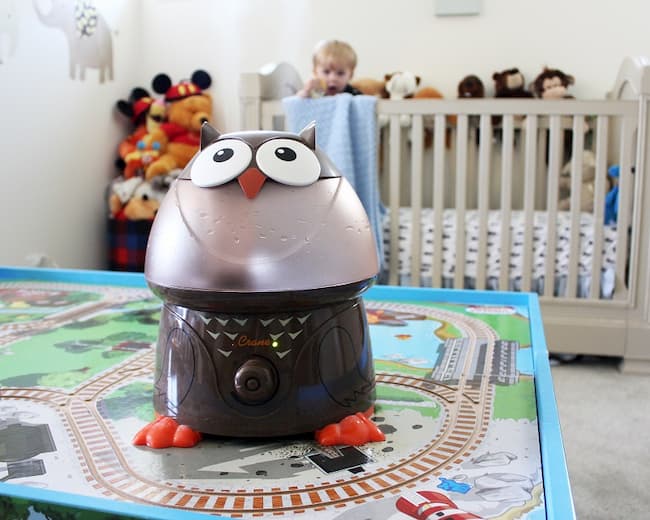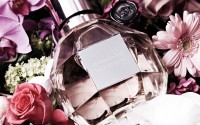Aromatherapy: The Ideal Natural Way to Start Your Baby’s Wellness Journey
As a parent, you want the best for your child and creating a happy and healthy environment is an important part of wellbeing. There is an assortment of information available concerning what is best for children and this makes it incredibly overwhelming and difficult to know what to trust. When it comes to aromatherapy, the biggest concern is if it’s safe for babies.
Aromatherapy involves the use of essential oils, which are extracted from flowers, roots, leaves, seeds, bark and peel of certain plants. In their pure form, essential oils help boost your mood or make you feel better. Used thoughtfully and carefully, these oils can help babies feel calmer and sleep better. Studies have also shown that essential oils can help reduce nausea, discomfort and pain in babies.

Source:Sarah Jean Melito
There are various theories as to how aromatherapy works, but the most widely accepted one is that by activating specific smell receptors in the nose, these oils cause the brain to send messages to areas of the nervous system that affect mood and other symptoms. While essential oils can offer real benefits for babies, parents need to be informed and take seriously the real risks of improper use.
Essential oils are a bit too strong for use on babies’ skin and can be a little distressing on their developing systems. However, aromatherapy can still be used for babies (3 to 24 months) with the help of an essential oil diffuser. Using an essential oil diffuser in the nursery to gently refresh the air is a safe and effective way to create a restful and calming space for your little one.
There are a few different methods for diffusing essential oils:
- Ultrasonic – electronic frequencies are used to create vibrations that break up the molecules for distribution;
- Evaporative – often a candle that heats the essential oil, causing it to evaporate;
- Fan – the essential oils are placed on an absorbent pad and blown by a fan to release the scent;
- Nebulising – a waterless diffuser that uses cold air to force undiluted oil molecules into an atomizer that breaks them down into fine particles.
An ultrasonic essential oil diffuser is best for babies as it diffuses more gently and essential oils are diluted with water. Ultrasonic diffusers can also act as a humidifier and a night light, so you actually get three things in one!

Source:KJ Essentials
Are Essential Oil Diffusers Safe for Babies?
Experts don’t recommend using essential oils at all on babies younger than three months. They also advise using an ultrasonic diffuser for a maximum of 30 minutes at a time around babies and toddlers. They then suggest turning the diffuser off and leaving a rest period of 60 minutes before diffusing again.
And, unless doses are kept to a minimum, routinely diffusing essential oils around babies and toddlers isn’t recommended. Keeping doses to a minimum means only two to three drops per day diluted with water in an ultrasonic diffuser. Here’s how many drops is safe to use in the diffuser by age.
- Babies between 3-12 months – 1-2 drops
- Babies 12 months to children 6 years – 2-3 drops
- Children 6 to 12 years – 4 drops
- Children 12 years + – 4-8 drops
Never diffuse essential oils around babies and children that aren’t suitable for them. Basil, peppermint, oregano, cinnamon, lemongrass and clove are a few examples to keep away from your child as their chemical constituents are too harsh.

Source:Walmart
What Essential Oils Are Safe to Diffuse for Babies?
Below is a list of the essential oils that are safe to use for babies older than 3 months. These are known to help encourage sleep, calm anxiety, and even relieve symptoms of colic. It’s important that you understand that each essential oil is different. While other essential oils may be mild enough for use on infants and babies, the ones listed here have been proved to be 100% safe when used properly and in moderation.
- Chamomile – this essential oil has natural soothing effects and is traditionally used to treat insomnia in babies and adults. When combined with lavender, it can help relieve symptoms of colic. Chamomile has also been shown to help anxiety and depressions and can uplift a fussy baby’s spirits;
- Lavender -perfect for relaxation and bedtime;
- Dill – a calming and antispasmodic oil that help soothe indigestion;
- Distilled Lemon – known for helping lift energy and mood, these essential oils are great for a post-nap wakeup call;
- Eucalyptus – a natural expectorant with great capabilities of unclogging respiratory congestion. This makes eucalyptus a favourite essential oil during the cold winter months. Infants and children should use Eucalyptus Radiata instead of Eucalyptus globulus, which is safe for adults but shouldn’t be used on children under the age of 2.
Note that there is a difference between pure and natural essential oils, and synthetic fragrances, which have no healing properties and can even be toxic. So, make sure you stick to natural skincare and organic essential oils for your bundle of joy.



